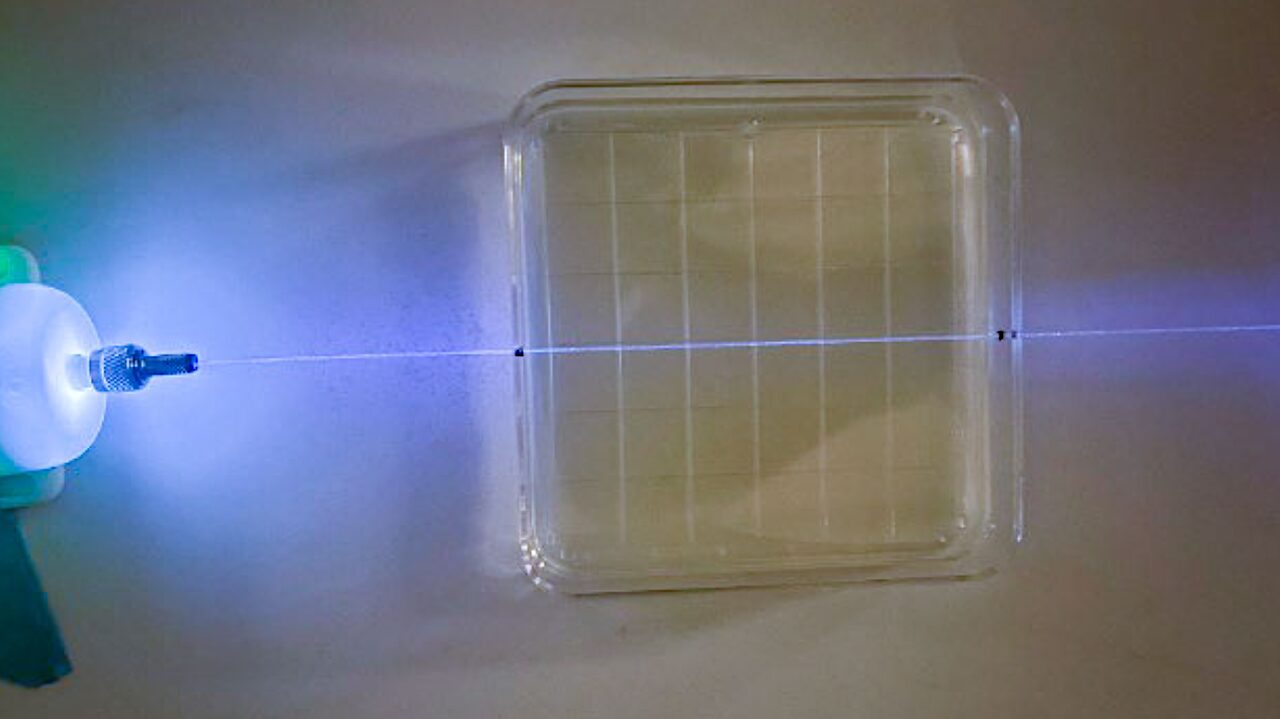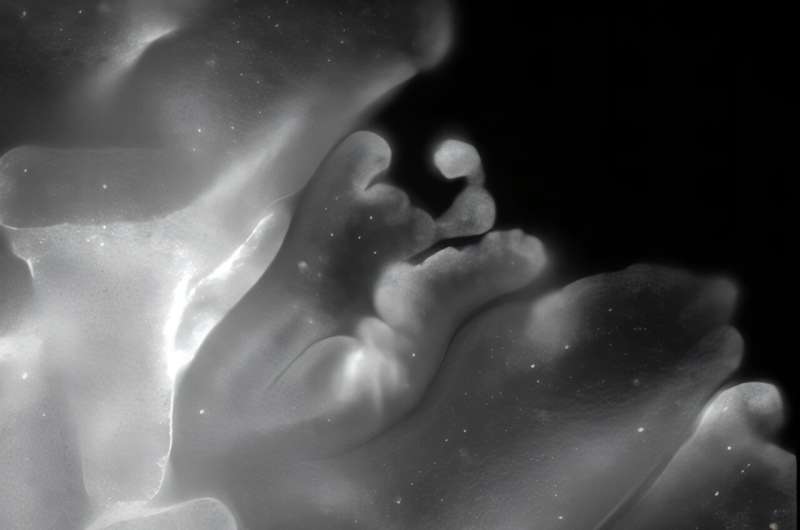The Germicidal Ultraviolet Light Biofilm Inhibition (GULBI) experiment has successfully launched to the International Space Station National Laboratory aboard the Northrop Grumman-23 spacecraft. This innovative research aims to address the formation of biofilms in microgravity, a phenomenon that poses risks to both equipment functionality and human health on space missions.
Biofilms are clusters of microorganisms that adhere to surfaces and are difficult to eradicate. In the unique environment of microgravity, these biofilms can develop rapidly. The GULBI experiment investigates the effectiveness of germicidal ultraviolet light, specifically UV-C light, in inhibiting the growth of these microbial communities.
Research from Arizona State University indicates that the experiment will utilize the bacterial pathogen Pseudomonas aeruginosa, which is known for its resilience and potential health risks. During the experiment, this pathogen will be seeded into specialized containers known as BioCells, where it will grow under varying levels of UV-C light. The light will be delivered through optical fibers into bioreactors designed for the study.
Understanding the impact of UV-C light on biofilm formation in microgravity is crucial for long-term space missions. If successful, the findings could lead to improved strategies for maintaining equipment and ensuring the health of astronauts, reducing the likelihood of microbial contamination in space habitats.
Once the experiment concludes, samples will be returned to Earth for thorough analysis. This data will enhance our understanding of microbial behavior in space and the effectiveness of UV-C light as a preventive measure. The GULBI investigation represents a significant step in addressing microbial challenges and ensures a safer environment for future exploration.
The GULBI experiment not only highlights the importance of advanced research in space but also underscores the collaborative efforts of scientists and institutions dedicated to exploring the frontiers of astrobiology and microbiology in microgravity. As humanity continues to venture further into space, understanding the biological challenges that arise will be key to the success of these missions.







